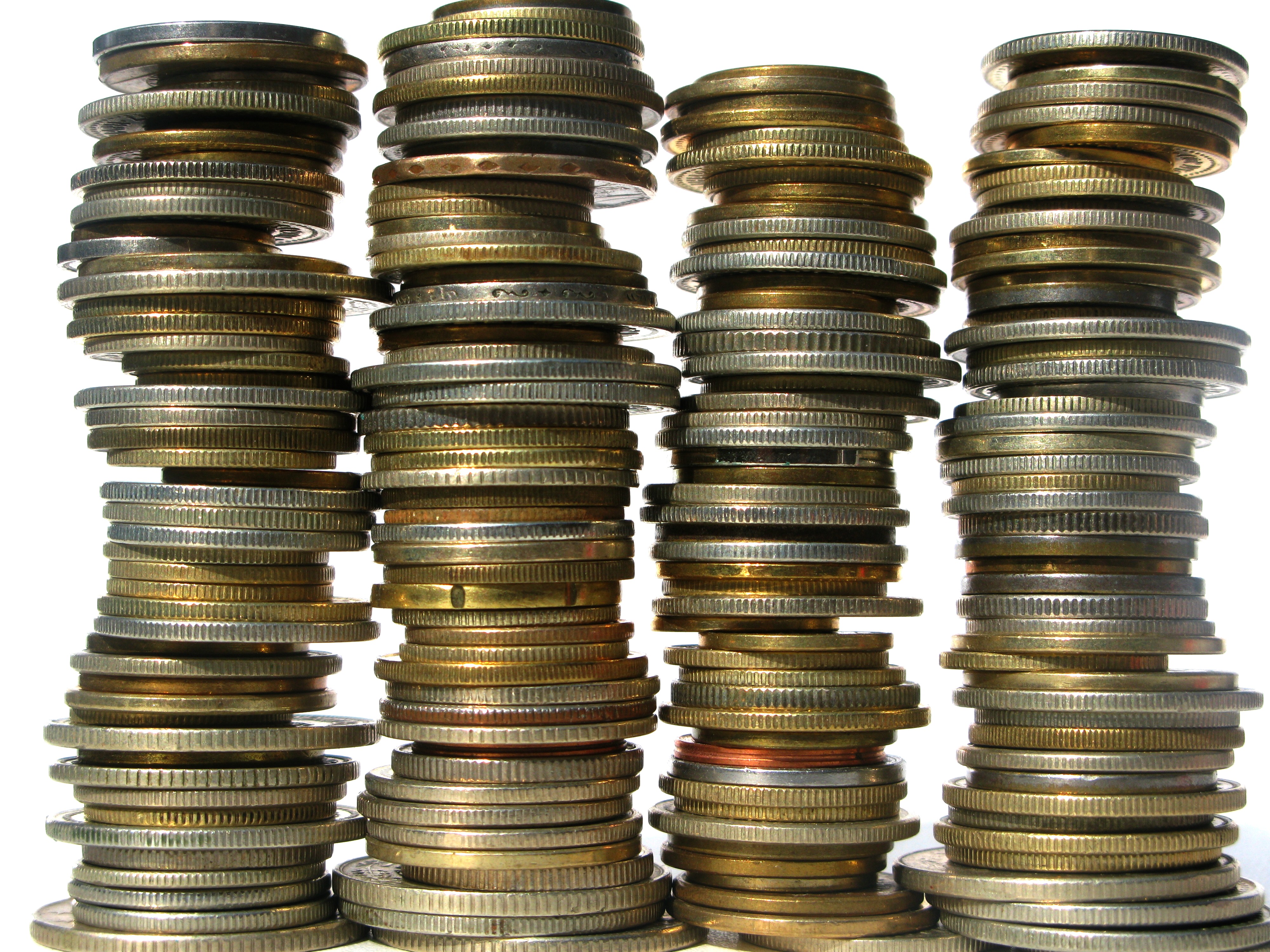Micropayments are a form of fraud
Opinion: Stop looking for new ways to empty my wallet

For as long as people have bought things over the internet, 'micropayments' have been touted as the holy grail of e-commerce. At the moment we have 3 kinds of web transaction:
- Stuff that is completely free
- Stuff that is free, as long as you don't mind putting up with the ads
- Stuff that costs actual money
The problem is that the credit card mechanism makes it impractical to take less than a few quid off a person at a time - the merchant fees will kill your business. What the kinds of people that make Facebook apps would like to do instead is to sell something for virtually nothing - a fraction of a penny - but to sell it to millions of people around the world, several times an hour.
The idea is that we won't notice this gentle erosion of our wallet and therefore will treat such a service as functionally indistinguishable from free. But for the provider of the service, the cumulative effect of all these fractions of pennies will be a serious chunk of change. Better yet, because the price is so low, expectations will be too. This allows them to dispense with all that troubling and costly investment in, you know, actually selling something that people want.
The opening salvos in this war of attrition for our wonga are already being fired. But, in much the same way that futurologists of the 1950s were wrong to think that robot automation would free us all up to lounge by the pool drinking banana daiquiris, the micropaymentologists have missed one important point. Each company imagines that we won't notice or care about the negligible cost of their service because they assume that they will be the only one we use. In fact of course, we'll sign up to dozens or hundreds of these stupid things until the monthly cost comes to about £20 and at that point we'll notice that we are spending actual money.
And then someone will have the bright idea of offering a prepayment or subscription plan that includes unlimited use of all these services and we'll be right back to square one.
I think there is something very unnatural and disingenuous about a business model that slices cash so thinly. It's a slight of hand trick. "Don't worry, this isn't real money you're spending. This transaction didn't happen and I'm not really here." We are left blinking in the sunlight and wondering how we've maxed out our credit card for another month. If you want to sell something, make it something worth selling. If you really don't think the market will pay more than 0.1p, maybe we don't really need your service at all.
Get daily insight, inspiration and deals in your inbox
Sign up for breaking news, reviews, opinion, top tech deals, and more.